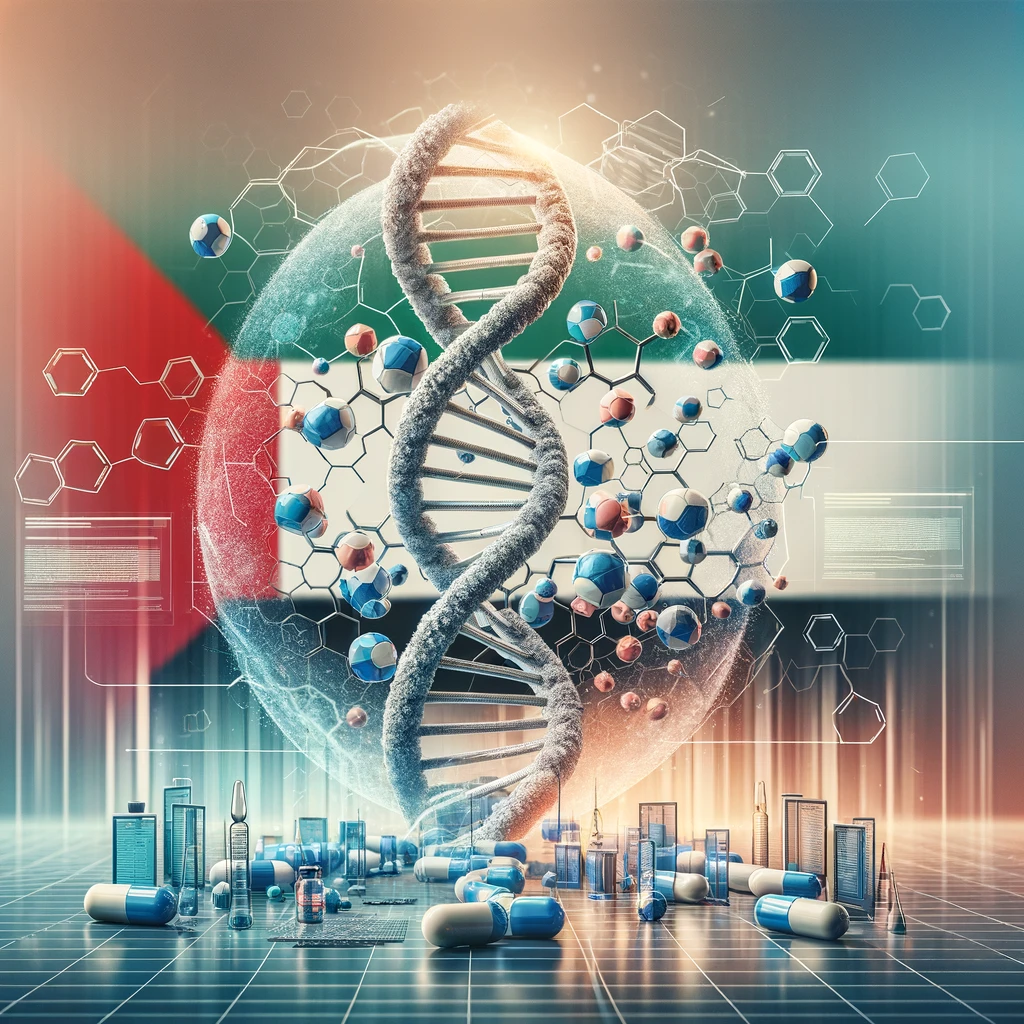Statins are widely used drugs to lower cholesterol, but they can cause side effects, particularly muscle problems. Three specific genes—SLCO1B1, ABCG2, and CYP2C9—have been identified as markers that can help predict who might have side effects from these drugs. Clinical guidelines for statin use have been developed based on these genes.
This study aimed to investigate how variations in these genes affect the safety of statins in the Emirati population.
The study analyzed genetic data from 242 people, focusing on changes in the three genes, their genetic patterns, and the functions of the proteins they produce.
About 30% of the participants had a version of the SLCO1B1 gene associated with reduced function, and 5.4% had a version associated with very poor function, indicating a higher risk of statin side effects. Conversely, a variant of the ABCG2 gene was infrequently found (6%), suggesting most Emirati individuals are unlikely to be advised against higher doses of rosuvastatin, a type of statin less commonly affected by this gene variation. However, variations in the CYP2C9 gene that impair its function were commonly found, suggesting that another statin, fluvastatin, might be less suitable.
This study is one of the few to examine these specific gene variants in the Emirati population, showing how tailored genetic testing can guide safer statin use, especially in populations that have not been extensively studied before.


